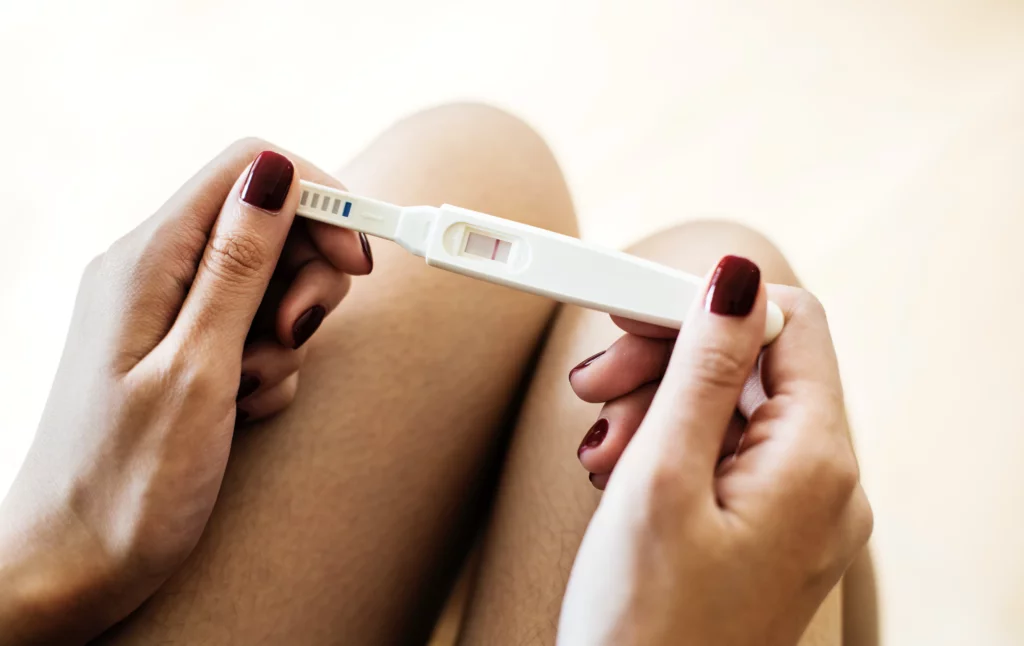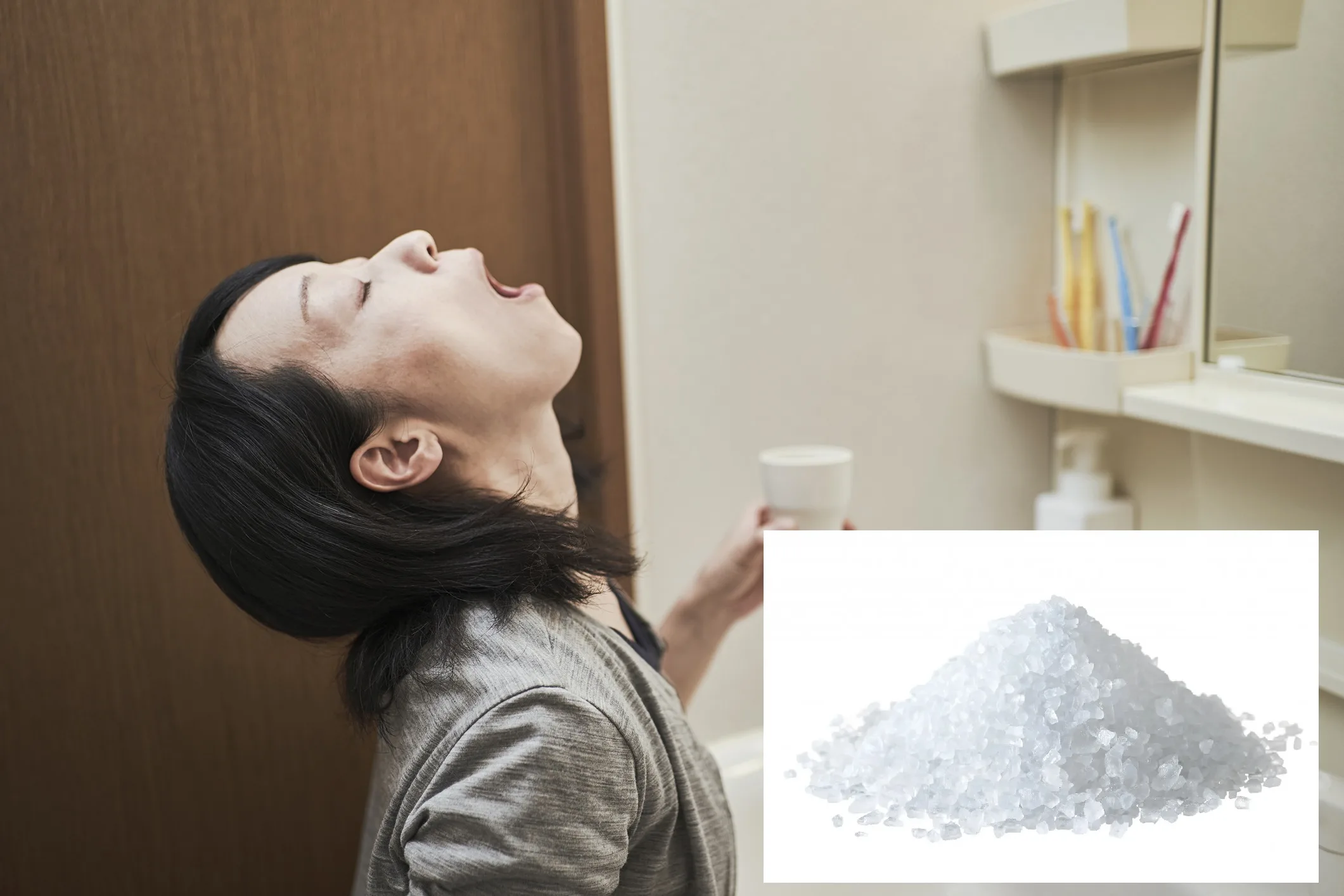Why Some Women Struggle to Get Pregnant Even When Everything Seems Fine

Getting pregnant can sometimes take longer than expected, even if you’re healthy and fertile. It can be frustrating and confusing, but it’s more common than you might think. Here are some simple reasons why this happens and what you can do about it.

- Timing Issues
Getting the timing right is really important.
- You can only get pregnant during a few days each month when you’re ovulating.
- If you miss this window, it can be harder to conceive.
What to Do: Track your ovulation using apps, test kits, or by monitoring your body’s signals like changes in temperature or cervical mucus.
- Stress or Anxiety
Stress can mess with your body and make it harder to get pregnant.
- Worrying too much about conceiving can affect your hormones.
- Stress might even delay ovulation.
What to Do: Try to relax with things like yoga, meditation, or talking to someone about your worries.
- Lifestyle Choices
The way you live your daily life can have an impact.
- Eating unhealthy food, not exercising, or being overweight can affect your chances.
- Smoking, drinking too much alcohol, or having too much caffeine can also make it harder.
What to Do: Eat balanced meals, stay active, and cut back on harmful habits like smoking or heavy drinking.
- Male Partner’s Health
It’s not always about the woman’s fertility. Sometimes, the man’s health is the issue.
- Low sperm count or sperm that don’t move well can make conception harder.
What to Do: Encourage your partner to get tested and make healthy lifestyle changes like eating better and exercising.
- Minor Health Issues
Some health problems might not seem serious but can still cause trouble.
- Thyroid problems or mild conditions like PCOS can affect ovulation.
- Even infections or past surgeries could play a role.
What to Do: Visit a doctor for regular checkups to spot and manage any hidden health problems.
- Problems with Cervical Mucus
Cervical mucus helps sperm travel to the egg. If it’s too thick or not healthy, it can make things harder.
- Medications or dehydration can sometimes affect mucus.
What to Do: Drink lots of water and talk to a doctor if you think this might be an issue.
- Blocked Fallopian Tubes
Even if you’re ovulating, blocked or damaged fallopian tubes can stop the sperm and egg from meeting.
- Sometimes, past infections or surgeries cause scarring in the tubes.
What to Do: A doctor can do tests to check if your tubes are clear and suggest treatments if needed.
- Age and Egg Quality
As women age, the number and quality of eggs naturally decrease.
- This doesn’t mean you can’t get pregnant, but it might take longer.
What to Do: If you’re over 35 and trying for a while without success, see a specialist sooner rather than later.
- Sexual Habits
Sometimes, simple habits during sex can affect your chances.
- Not having sex often enough or using certain lubricants can reduce the chances of sperm reaching the egg.
What to Do: Aim for regular sex during your fertile window and use sperm-friendly lubricants if needed.
- No Clear Reason
Sometimes, doctors can’t find any specific issue, which is called unexplained infertility.
- It can be really frustrating not knowing what’s wrong.
What to Do: Keep trying, consider options like IVF or IUI, and stay hopeful.
When to Get Help
If you’ve been trying for over a year (or six months if you’re over 35) and still haven’t conceived, it’s time to talk to a doctor.
Final Thoughts
Struggling to get pregnant can be tough, but you’re not alone. Small changes in your timing, lifestyle, or habits can make a big difference. If you’re feeling stuck, don’t hesitate to get help. You deserve support and answers.
Have questions or experiences to share? Drop them in the comments—we’re here to help each other!


